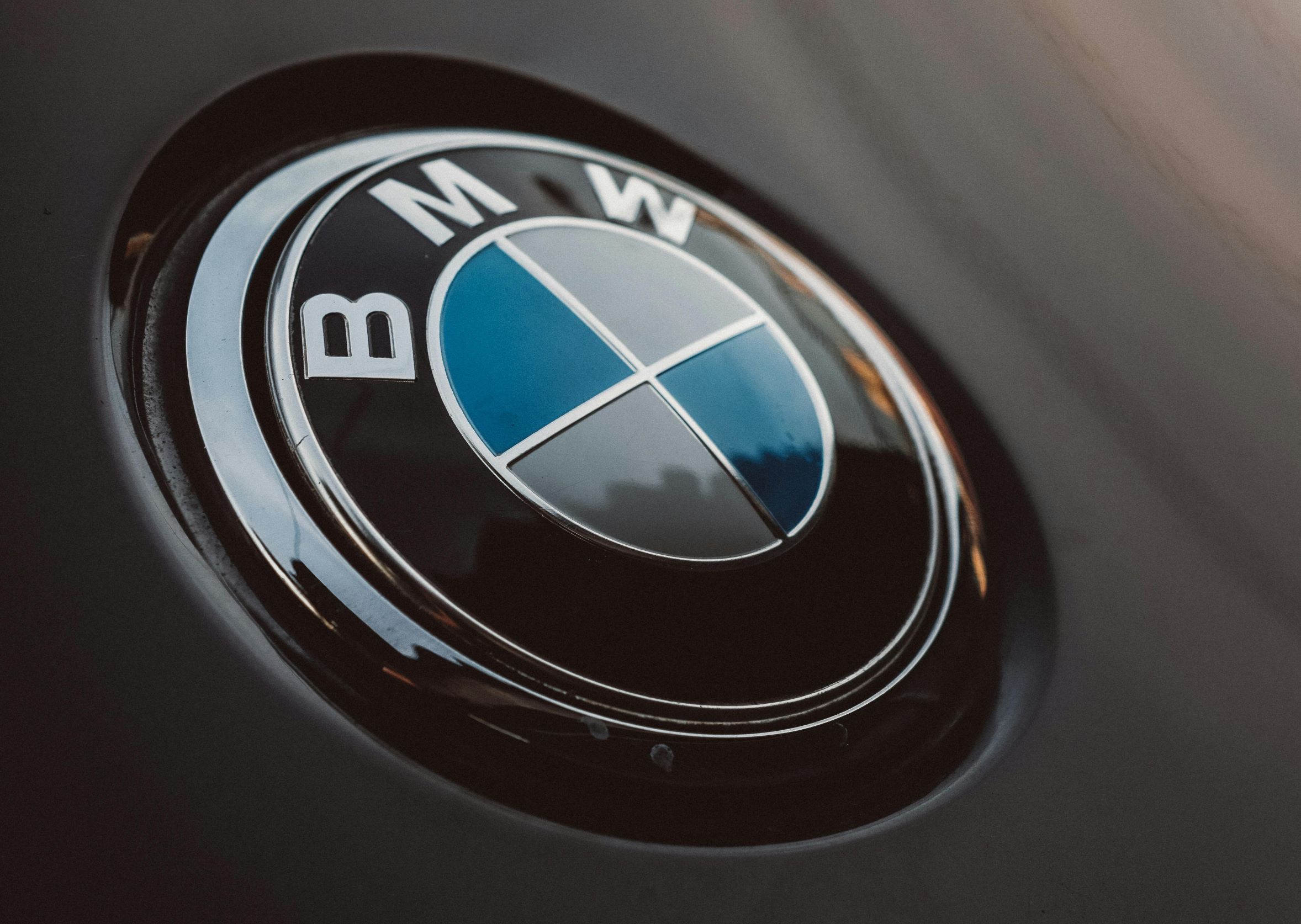Visa Stock Analysis: Is Visa a Strong Opportunity Ahead of Q4 Earnings?
$325.48
28 Jan 2026, 19:25

Pexels.com

Can Its Hybrid Strategy Pay Off in a Shifting Auto Industry?
As the automotive industry races toward electrification, BMW is taking a different path. The German luxury automaker has pledged to continue investing in petrol and hybrid vehicles, even as competitors shift focus to full electric vehicles (EVs). The company warns that the US market’s EV transition could be unpredictable, particularly following Donald Trump’s return to the presidency.
Why Is BMW Betting on Petrol and Hybrid Cars?
BMW has long been cautious about the global shift to EVs. While many automakers have gone all-in on electric, BMW has chosen a multi-energy approach, offering petrol, hybrid, and electric models in the same vehicle designs.
BMW’s Advantage Over Competitors
BMW’s flexible powertrain strategy has allowed it to navigate market fluctuations better than some competitors.
- No Deep Discounts Needed: While other automakers have resorted to price cuts to sell EVs, BMW has avoided heavy discounting by maintaining demand for hybrids and petrol cars.
- Strong US Market Position: 65% of BMWs sold in the US are built locally, meaning it is less vulnerable to Trump’s potential trade tariffs.
- Neue Klasse EVs Coming Soon: Despite its commitment to petrol and hybrids, BMW is set to launch its next-generation EV platform, Neue Klasse, offering longer ranges, faster charging, and improved software.
Challenges in China: BMW’s Biggest Risk?
While BMW is thriving in Western markets, China remains a weak spot.
Despite this, Goller remains confident:
“The Chinese cars are really good from a technology perspective,” he admits, “but we are not afraid.”
Will BMW’s Gamble Pay Off?
BMW is betting that a multi-energy strategy will keep it competitive, even if EV demand fluctuates. But the success of this gamble depends on several factors:
Conclusion: A Strategic Move or a Risky Bet?
BMW’s balanced approach to powertrains could allow it to outlast market volatility and avoid the pitfalls of overcommitting to EVs too soon. However, with China’s auto market becoming increasingly competitive and global emissions regulations tightening, BMW will need to continuously adapt to maintain its lead.
While some analysts see BMW’s strategy as a safe hedge, others warn that sticking with petrol and hybrids for too long could leave it behind in the EV race. Only time will tell if this calculated risk will secure BMW’s place in the future of mobility.
Sources: (FT.com, ChatGPT)